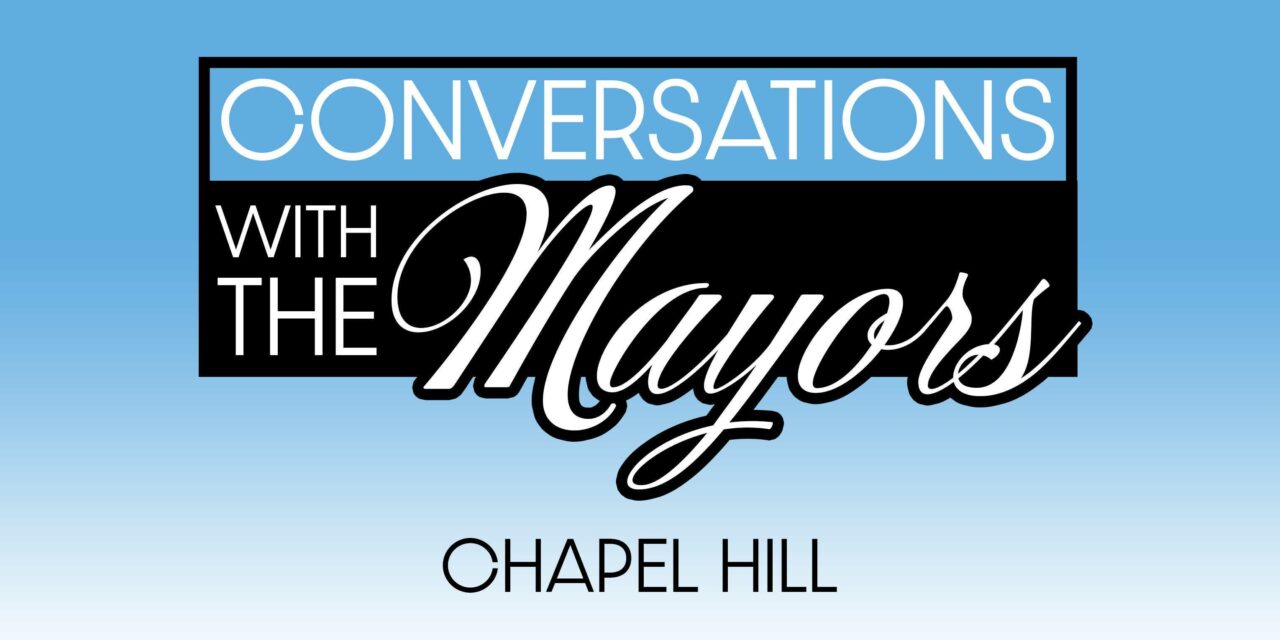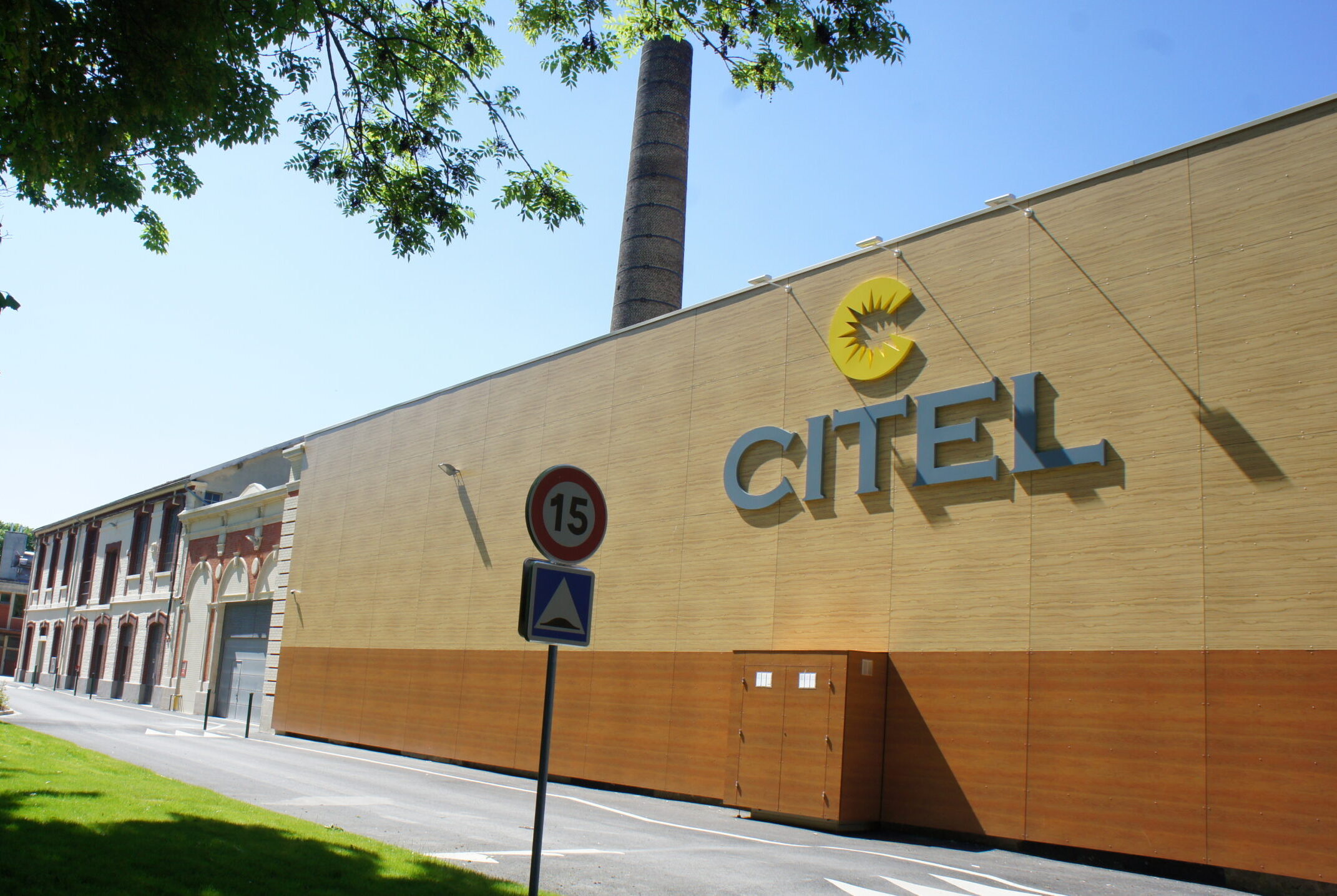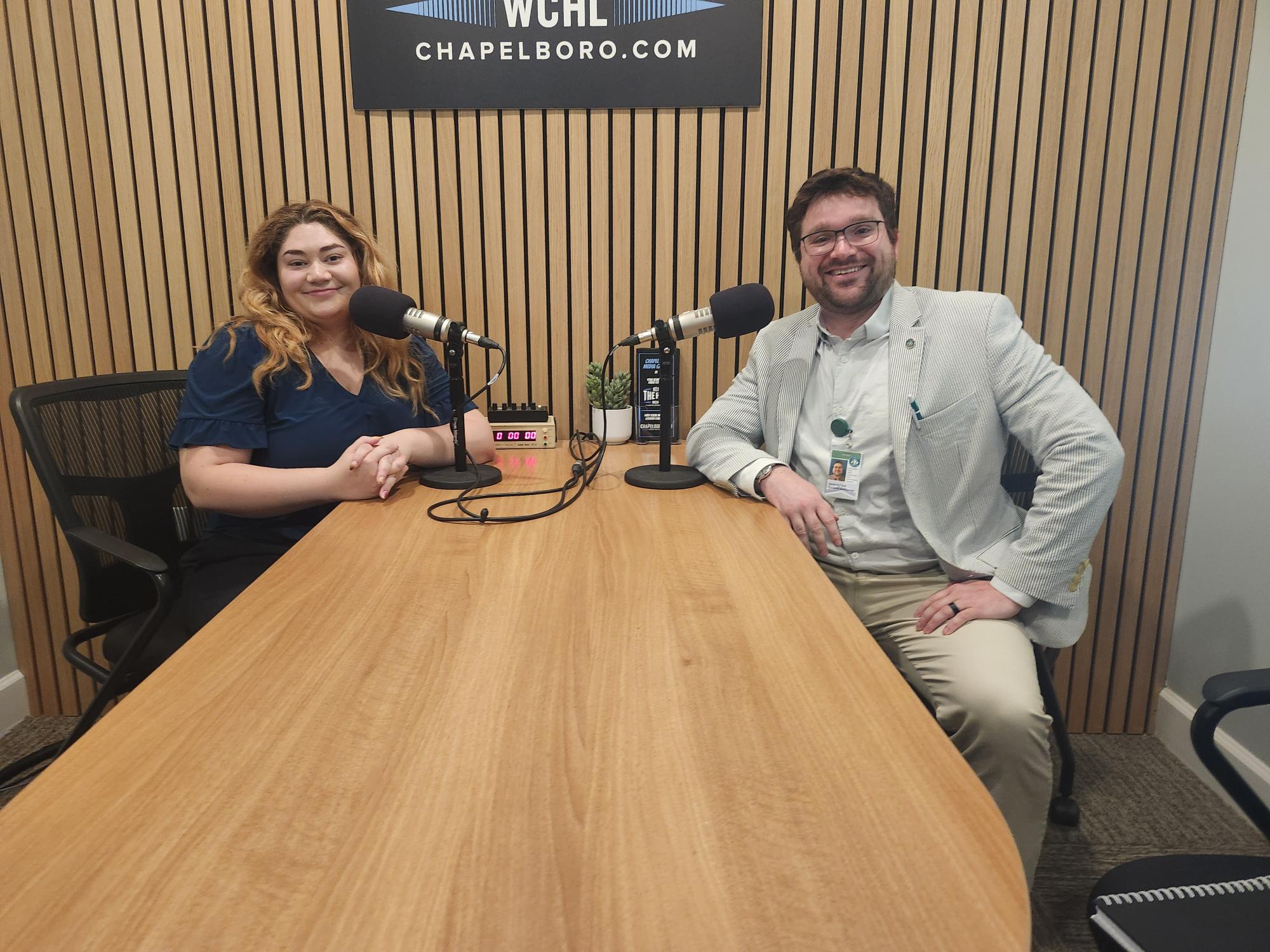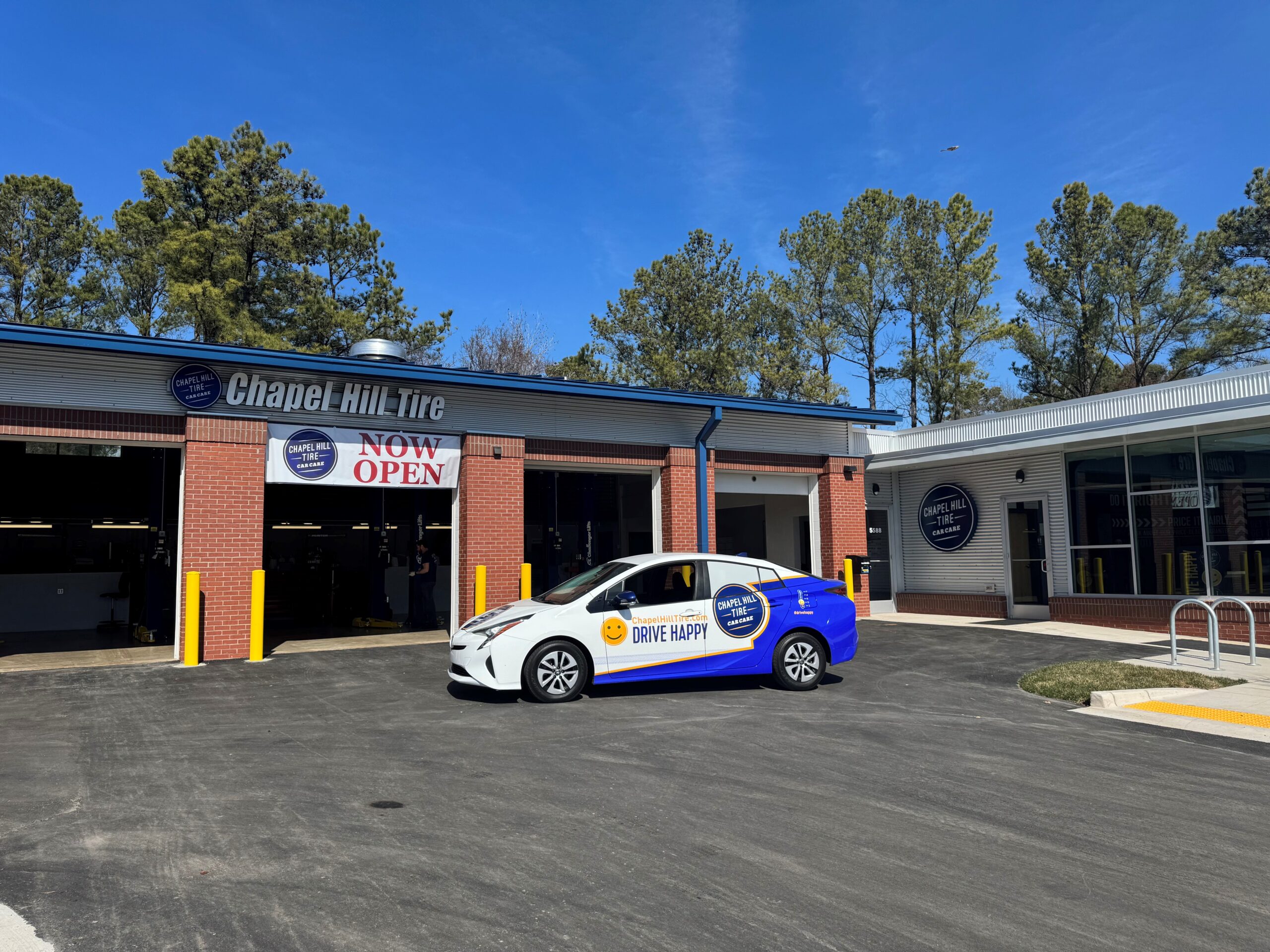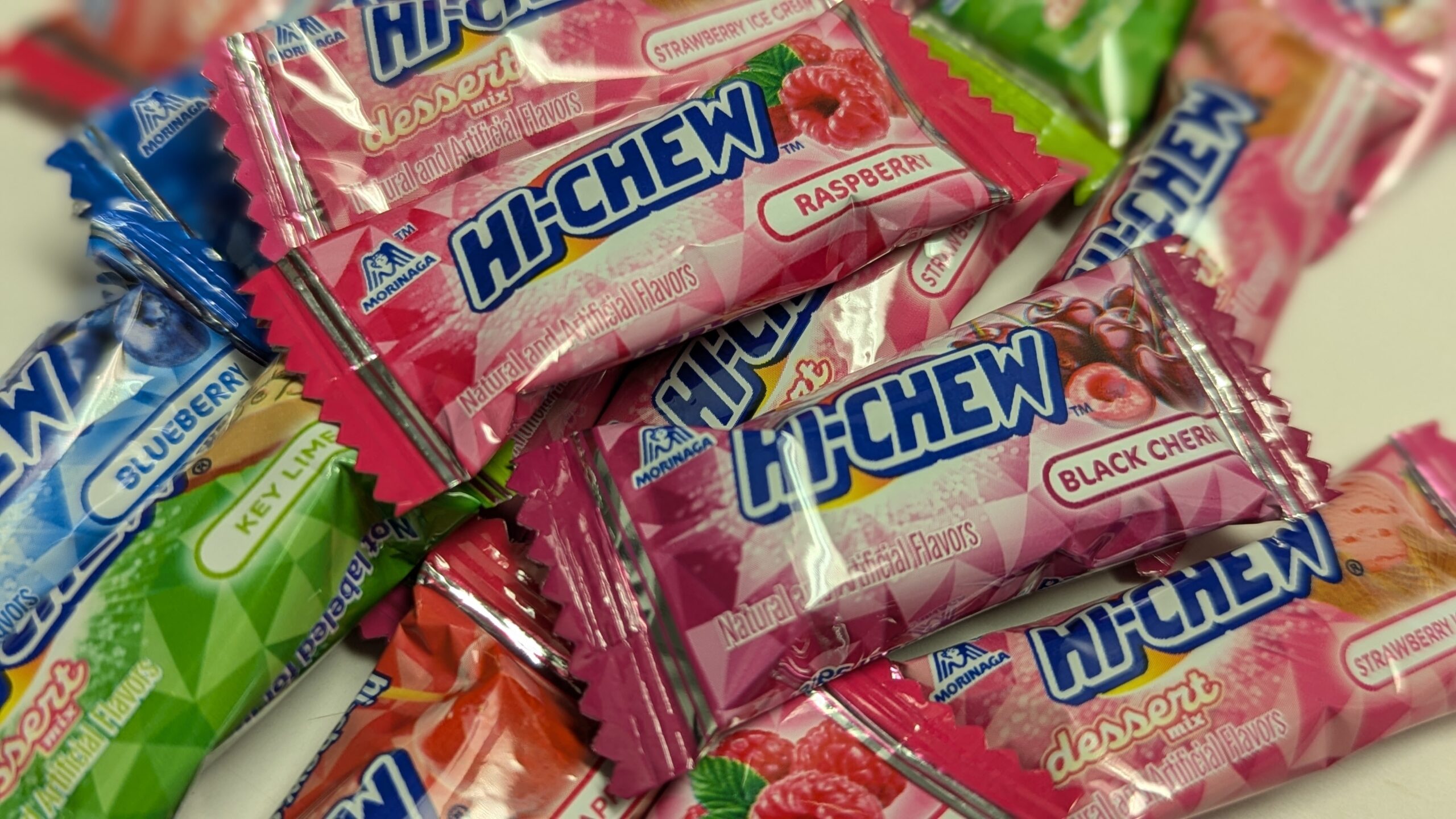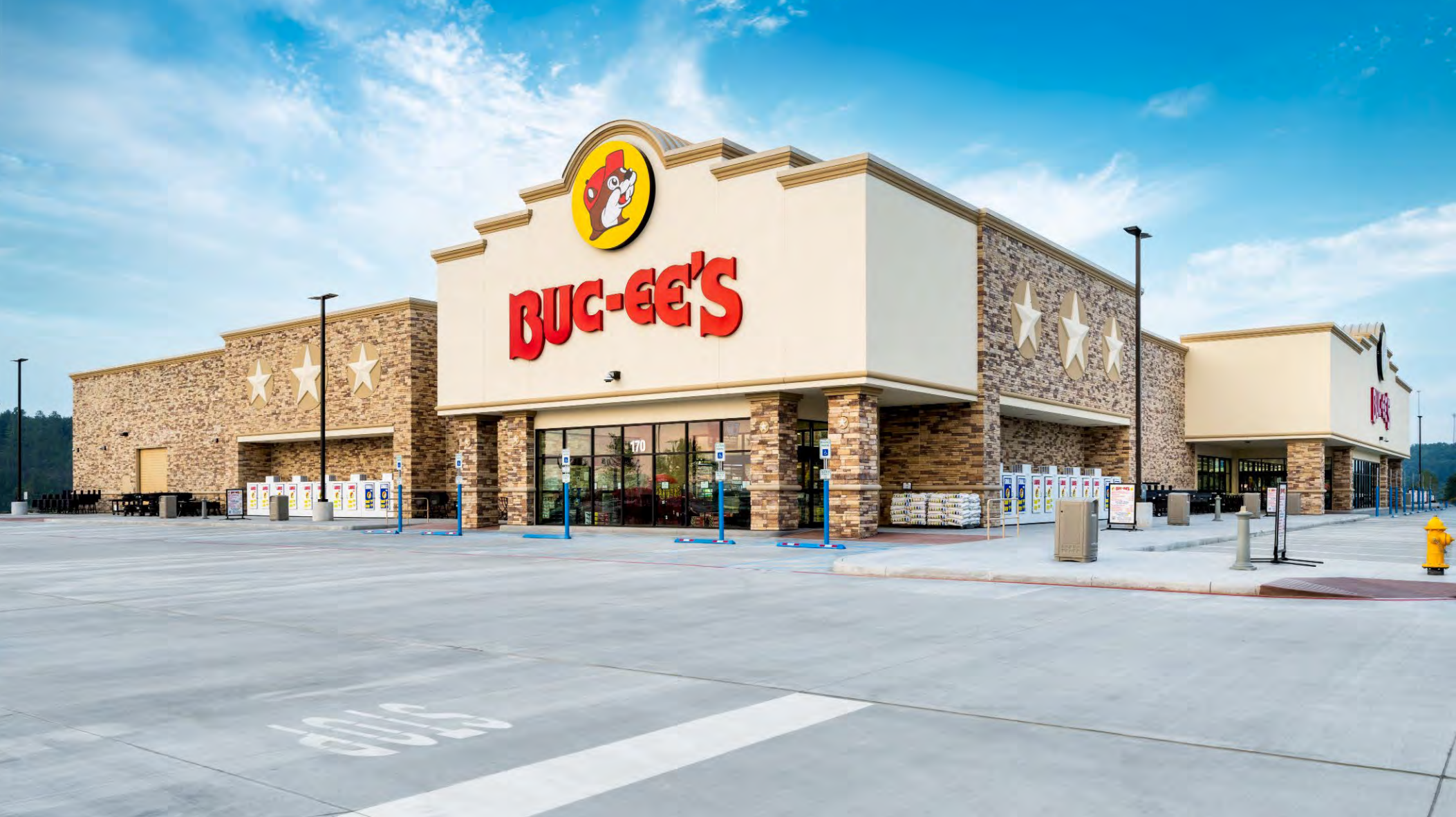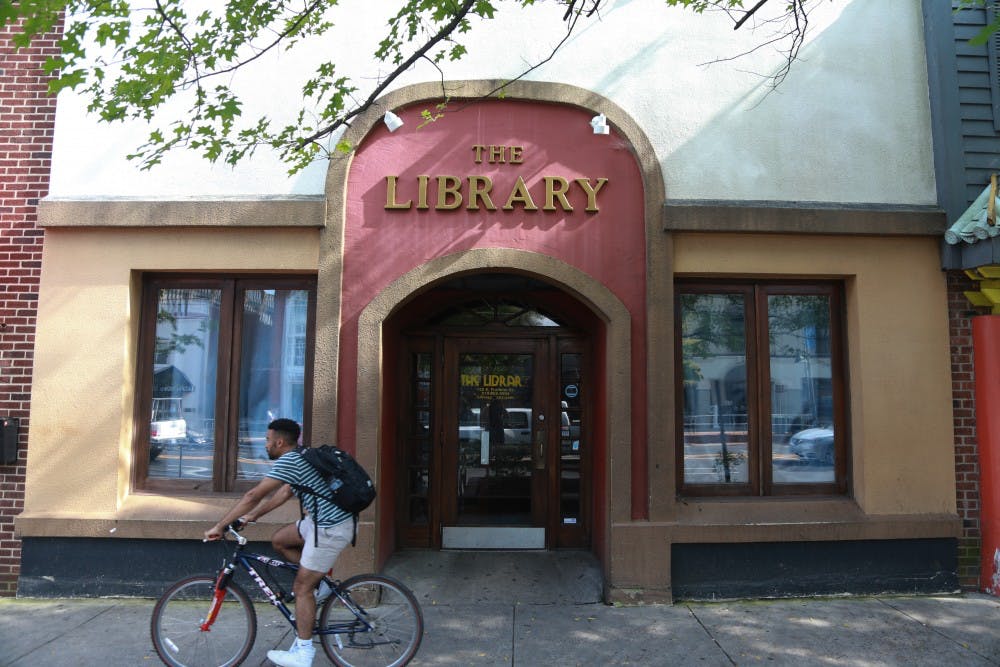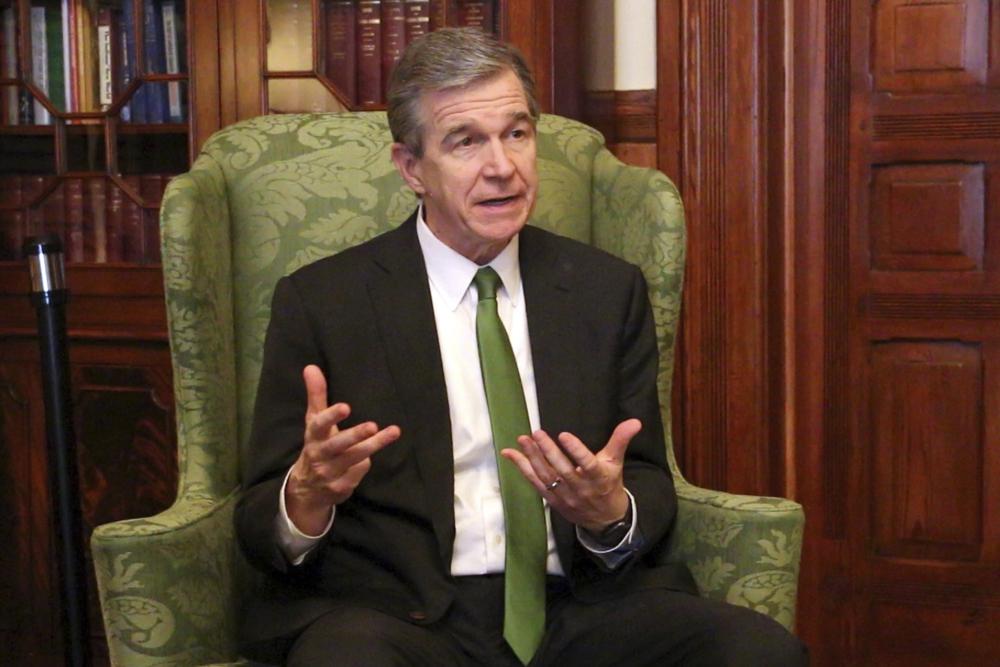Dwight Bassett, Economic Development Director for Chapel Hill, substituted in for Chapel Hill Mayor Pam Hemminger this week. He spoke with 97.9 The Hill’s Brighton McConnell on Thursday, May 9th. This is a transcript of his discussion of the development of the innovations hub and more. Listen to the full interview here.
Brighton McConnell: I’m joined in the studio by Dwight Bassett, the Director of Economic Development for the Town of Chapel Hill. Dwight, welcome back to the program. How are you?
Dwight Bassett: I am well, thank you. And thank you for having me. And I will do my best to exude the kind of enthusiasm that our mayor always has.
McConnell: It’s hard. I’m not sure there is anybody more Chapel Hill out there as mayor Pam, but that is quite all right. And you and I have a whole lot to catch up on. It feels like when we can chat on the air, it’s always just this laundry list of things happening because Chapel Hill’s a very busy spot. I think right now when people think about economic development, they’re probably thinking about East Rosemary Street, which is something we’ve talked about the last few times, but let’s start there again. Dwight, what’s the update so far on that ongoing East Rosemary Street redevelopment project? A lot of people see the parking deck, but also of course we have the innovation hub for UNC and a whole lot of stuff.
Bassett: Absolutely, lots of exciting things to talk about. We think we’ve bottomed out on the deck, so we’ll now start going vertical on that. And we’ll set that aside and talk about the other good things. We all know about NC BioLabs and the innovation hub with UNC-Chapel Hill. We think those are all seeds that will help see that 136/137 building find success. And with that success, we hope that they move forward with your 150 East Rosemary office building, which will include a large chunk of wet lab. And we’re really excited about that because it’ll be one of those market products that we’ve not had in our market ever. It’s pretty exciting that we can capture and compete with Durham and RTP and keep some of our innovation here, especially in the biosciences.That will give us legs up on that.
A lot of other good things. The apartment project goes to council next week, but I think it’ll probably be September before the final decision’s made. And I think that’ll be a huge addition to people who want to live, work, eat, shop and play downtown. They can do that without their automobile. I was speaking with Ed Small right after lunch today. He’s talking about coming out of the ground with his hotel in January. So I think that we’re going to see a wave of construction that carries us another three or four years, which is exciting because that means people believe in our community as much as we believe in our community.
McConnell: Yeah. We’re looking at likely a very, very different kind of tone and spirit around East Rosemary Street because there are just going to be more people who are going there for work than presently. Let’s talk a little bit more about that innovation hub that UNC has in mind. From your discussions with university leaders, how much of an asset is that going to be to have a space that is dedicated for UNC students or recent UNC grads to go in there and try and figure out small businesses and have that space to do lab work, research and all of that?
Bassett: Well it’s exciting for our community too because they’ll certainly welcome local citizens who want to do innovation too. Again, it’s a seed that we’re planting. We believe that the outgrowth of that is seeing other companies in our region who want to tap our graduates can come and open a small office here, 10,000 or 20,000 square feet, and tap those graduates. But it’s more about fostering that innovation that we’ve been talking about forever. It will be a chance for us to do a better job of nurturing businesses that can get to know our community, but there comes a point where it’s time for you to grow and excel but you’re not producing the revenue yet.
We need sort of that “stage two” space where they can grow a little bit more before they have to go out there and pay market rate for office. And we see this innovation hub as a key component of that. And we certainly hope to see that innovation hub demand grow so dramatically that UNC and other partners will need to increase that square footage pretty dramatically in the first year to 18 months of that.
McConnell: Yeah. I was referencing this a little bit, but you’re probably the person to ask. They now have the visitors’ center right there on East Franklin Street. Can you describe again for listeners what that vision is for how that stretch of Chapel Hill is going to look and how much more overlay there is going to be with these new changes?
Bassett: Absolutely. So first off, the innovation hub is UNC sponsored, but it is for our community and students. And so that becomes one point. Then Porthole Alley renovation is creating a big front door for UNC into our downtown. UNC is also committed to a hundred of the parking spaces in the East Rosemary parking deck to stand that redevelopment up and we’re pretty excited about what that can mean. You know, just for the admissions standpoint, if you look at the 50,000 people who come here and consider UNC every year, the impact that can have on our downtown… we already get some of it because if they’re in town, they’re likely to at least walk around part of downtown, but if they’re parking at East Rosemary and then going over to the admissions office or the Porthole Alley redevelopment, it’s just going to become a new connector.
We think that’s an incredibly important opportunity as we strengthen our town relations. And also, they’ll be featuring some of their key work from campus as a part of that whole redevelopment. And we’re pretty excited about that, what that will mean for people who don’t go to the center of campus. Most of us don’t live in the middle of campus, so we don’t really understand what UNC is about unless you spend time on campus and at the medical school, you don’t feel in the hospital, you don’t think about the depth of what it does for our community. So it’s nice to be able to open a door and see it right there on Franklin Street. I’ve been in Chapel Hill for 15 years now, and we’ve always heard that our residents wanted more reason to come downtown. And we think that between the new workers coming downtown and the Porthole Alley redevelopment and the innovation hub, that’ll begin to change the texture of downtown and offer a different level of quality when it comes to retail and restaurants and bars. And we think that’s pretty exciting. It’ll be a better-rounded downtown at that point in time.
McConnell: I know that a big part of what you’re focused on is still the Revive plan to help transition local businesses into this still post-pandemic stage that we’re in. Can you share some updates on that and also the downtown together work that the town is doing?
Bassett: Absolutely thrilled to! So first off, we ended up writing the checks this year, but we got to give out another couple hundred thousand dollars in small business grants. That was only one aspect of our Revive recovery plan. We spent the last nine months doing marketing campaigns. We’ve got a district marketing campaign that runs here on WCHL trying to promote business in Chapel Hill because it’s not just about making sure the business has resources but also making sure they have customers. And we look at our stats from that marketing work that we’ve done, and we feel like we’ve done a good job of keeping the word out there. I think that is reflected by the number of new businesses that have opened during the pandemic and coming out of the pandemic. That’s pretty exciting.
We’ve got a couple of opportunity grants that we funded. One is for what right now we’re calling the Basknight Market, which is with Andrea Reusing from Lantern restaurant. She’s taking an empty lot behind her space and we’re going to open up that alleyway a couple of Friday and Saturday nights each month. And we’re going to target minority- and women-owned businesses and have a vendor spot out there. Maybe we’ll have some music and dining in the alleyway and string some lights up, but it’s our way of promoting those early-stage entrepreneurs, especially in the minority- and women-owned field. We’re really excited about that partnership. We’ve talked about a partnership with Ram with building a farmer’s market here at University Place as a part of the redevelopment that can be another one of our opportunity grants.
So we’ve seen a lot of really good work and the thing that was so important about that plan was it was put together by the community. It was 30% women, 30% POC and 30% others that came together to create that plan. It’s a pretty important step. You know, our overarching goal was to get us back to pre-pandemic levels or better, and we’re striving for better at this point. And we think when we look back on this era and all the things that we’ve spent money on and the things that we’ve done, we hope that we land there successfully. You mentioned Downtown Together. And I apologize, it’s really hard to talk about just one project you can tell.
We have just finished up a Downtown Together plan and that is about the innovation hub and downtown, more than anything there are a lot of good projects out of there. But, you know, I’ve told the partners in that group and a great, great team of partners between the university and the town that if nothing else, we all agree on a vision of what we want to happen and we’re going to make it happen. It’s the fact that we’ve spent that time building that vision and figuring out what we need to do to make sure that innovation happens in Chapel Hill and stays in Chapel Hill. And so this plan will help carry us to that next level. We’ve got a lot of work to do in marketing and telling the story and making people, especially some of the C-level executives that we want to think about Chapel Hill, pay attention to the good work that we’re doing. And I think we’ll see the fruits of that plan for years to come. But it’s pretty exciting that we’ve done that on top of the innovation hub.
McConnell: We know that the town is embarking on a pretty intensive housing study called Meeting the Need. Taking a broad look at this, how does housing overlap with what you do when it comes to economic development? How important is this study going to be for the work that you regularly do when it comes to trying to figure out economic development in town?
Bassett: We adopted a commercial development strategy back in 2015, and I had a graphic and that graphic showed the economic development circle. It begins with housing and employment and jobs and taxes and education, and it comes back around. So really we don’t really like to think about it that way, but you can’t create and grow jobs if you don’t have a place for those people to live. So we completed this housing study last year. The council was really enthused by what they heard from that and the consultant gave them some directives of reality that said, here’s what might happen if you don’t stop and think about this subject more intensely. So we went out and hired what we believe is one of the best global planners available, Jennifer Keesmaat out of Toronto, and she’s leading a team. Then over the next five or six months, we’re going to put together a plan to look at where and how we might accommodate housing for the next 10, 20, and 30 years to make sure that we don’t get to that point where we can’t continue to thrive as a community.
It’s a pretty important piece of work because it will start with housing as the foundation, but it also talks about all those other things we like to talk about in Chapel Hill, whether it’s office and retail or bikes and pedestrians or environmental sustainability or transit systems, all of those things. That’s why it’s about building a complete community by acknowledging what our needs are for housing first and letting that plan build from there. And so we’re pretty excited. Perhaps this could be a new paradigm for Chapel Hill and the way we think and the way we approach some of these issues and I think it’s going to be an exciting six months as we see that work ongoing.
McConnell: We’ve got a couple of minutes left with Dwight Bassett of the Town of Chapel Hill and I wanted to make sure I saved time for this question. We’ve been hearing a lot of rumblings in the community and a lot of people are excited. What can you tell us about the prospective Cookout on South Elliott road? Can you tell us anything along those lines?
Bassett: I have no new information except for the fact that they acquired the property. I have the same information everybody else does, I’d be glad to tell you I had insider information.
McConnell: I knew I just had to ask you, I would’ve been asking Pam the exact same thing. We’ve been seeing people on social media asking about it. Is there anything else that you think our audience should be kind of keeping in mind having on their radars for our community?
Bassett: So the breadth and depth of what we do today at academic development has grown dramatically and it’s not anything new, but we’ve never had flex space in Chapel Hill. We’ve got 70,000 square feet of new flex space going out on Millhouse and Newbank road. We’re pretty excited about that because those can be artists, they can be interior designers, they can be HVAC companies, they can be electricians. Those spaces can flex and be used for whatever. And when it looks to comprehensive economic development, we need to meet all of those market needs from wet lab to flex space. And we’re pretty excited that the council took the gamble and rezoned that enterprise zone and we’re seeing the payoff with Carolina donors and now this flex space. So a lot of great things happening in Chapel Hill right now.
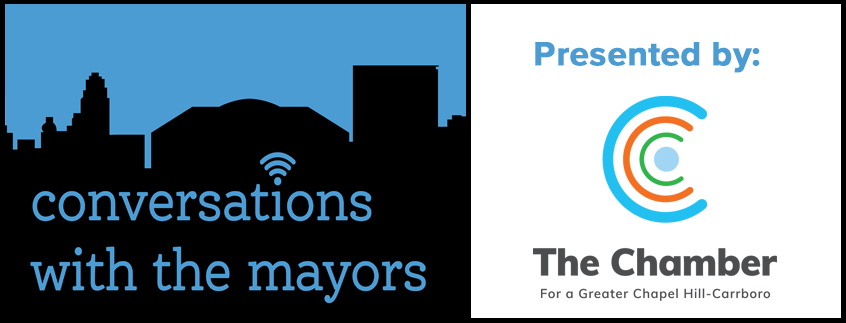
Listen to ‘News on The Hill each week to hear the latest Conversations with the Mayors! The elected leaders of the Chapel Hill, Carrboro, Hillsborough and Orange County governments join 97.9 The Hill to discuss the latest stories from around town and our community. Listen to all episodes here!
Conversations with the Mayors is presented by The Chamber for a Greater Chapel Hill-Carrboro.
Chapelboro.com does not charge subscription fees, and you can directly support our efforts in local journalism here. Want more of what you see on Chapelboro? Let us bring free local news and community information to you by signing up for our biweekly newsletter.

